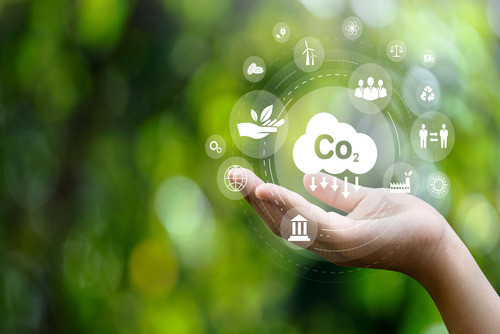Our lead story this week covers India's endeavor to establish direct engagement with the European Union (EU) regarding its proposed carbon tax. Instead of pursuing the matter through the World Trade Organization (WTO), India aims to negotiate directly with the EU to secure favorable conditions for its small manufacturers. As a significant exporter of steel and aluminum, India seeks exemptions from the Carbon Border Adjustment Mechanism (CBAM) imposed by the EU. The CBAM imposes taxes on imports from countries that do not adhere to carbon pricing methods similar to Europe's.
While India has already filed a discussion paper with the WTO addressing the impact of environmental regulations on trade, it believes that direct negotiations with the EU could lead to a quicker resolution. The EU's newly implemented levies under CBAM are designed to prevent carbon leakage, where companies relocate their carbon-intensive production to nations with less stringent climate policies or taxes. CBAM will undergo a three-year "reporting only" period starting from October 1, with financial adjustments taking effect in 2026. During ongoing negotiations for a free-trade agreement with the EU, India advocates for waivers benefiting its small- and mid-sized enterprises, similar to exemptions previously granted to European domestic companies under the Emissions Trading System that CBAM replaces.
This story raises several important considerations. Firstly, it highlights the intricate relationship between international trade, environmental regulations, and carbon pricing mechanisms. Secondly, it underscores the significance of direct engagement and negotiation in addressing trade-related challenges, potentially ensuring a level playing field for Indian small manufacturers. Lastly, it prompts us to contemplate the evolving landscape of global environmental policies and their alignment with international trade agreements. Read More!


